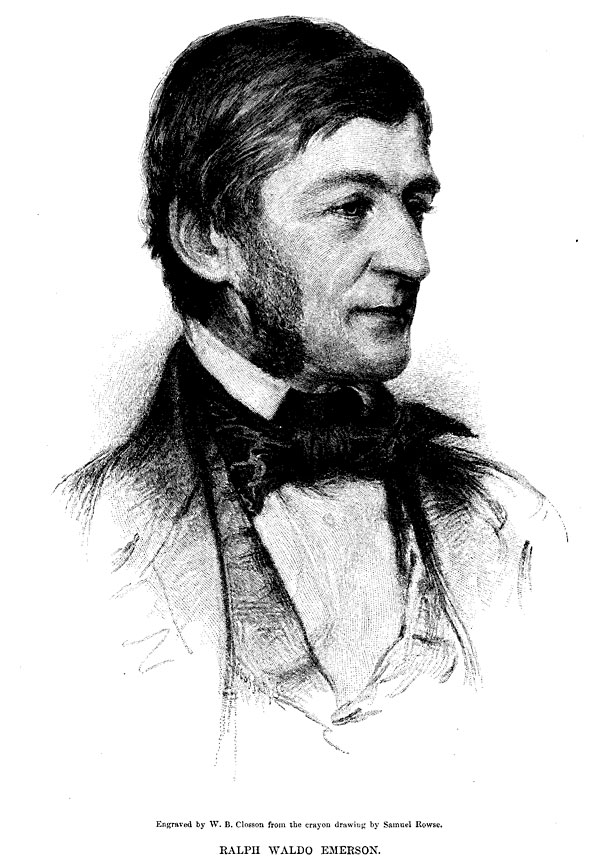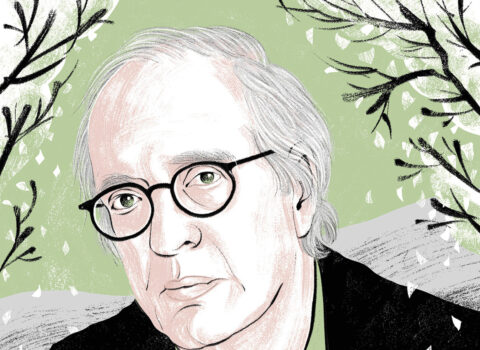
“What is the hardest task in the world?” The question is Emerson’s, in his essay, “Intellect.” His answer?
To think. I would put myself in the attitude to look in the eye an abstract truth, and I cannot. I blench and withdraw on this side and on that. I seem to know what he meant, who said, No man can see God face to face and live. For example, a man explores the basis of civil government. Let him intend his mind without respite, without rest, in one direction. His best heed long time avails him nothing. Yet thoughts are flitting before him. We all but apprehend, we dimly forebode the truth. We say, I will walk abroad, and the truth will take form and clearness to me. We go forth, but cannot find it. It seems as if we needed only the stillness and composed attitude of the library, to seize the thought. But we come in, and are as far from it as at first. Then, in a moment, and unannounced, the truth appears. A certain, wandering light appears, and is the distinction, the principle we wanted. But the oracle comes, because we had previously laid siege to the shrine. It seems as if the law of the intellect resembled that law of nature by which we now inspire, now expire the breath; by which the heart now draws in, then hurls out the blood,—the law of undulation. So now you must labor with your brains, and now you must forbear your activity, and see what the great Soul showeth.
Emerson did not have email, could not tweet, did not date online, could not stream video from his favorite strippercam. Emerson was not distracted, therefore, in the modern way. Whatever did, in his era, stand between him and his setting his mind to that hardest task, the problem of focus is surely nothing new, despite the novel methods we’ve lately heard about its treatment.
I am suspicious, then, about those cultural diagnosticians who pretend to know the error of our ways. My sense is that thought is hard these days because thought is merely hard, is always brute work that bears late fruit. Or, as Emerson says it better, “the oracle comes, because we had previously laid siege to the shrine.” I write today in praise of the siege mentality.





